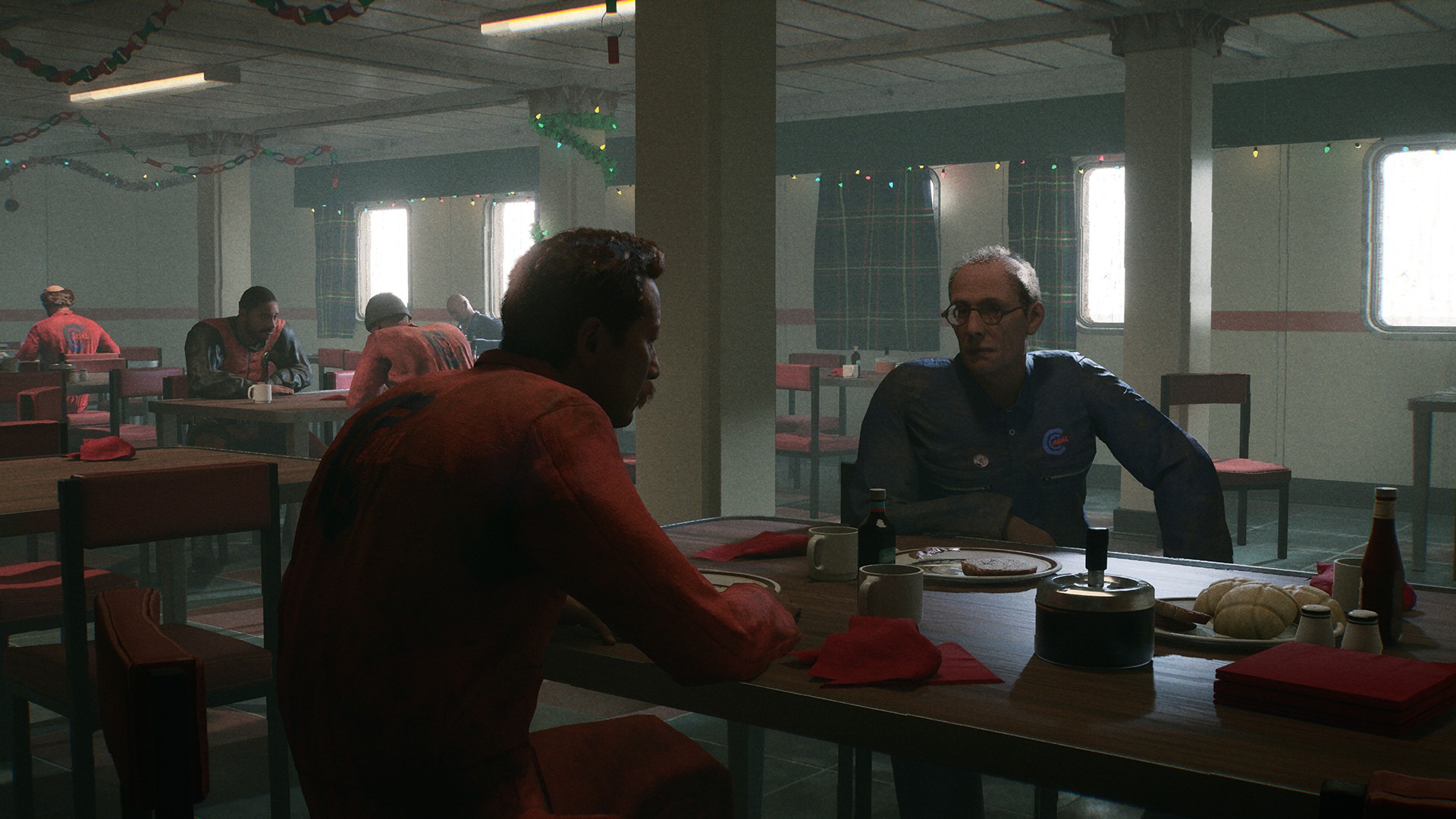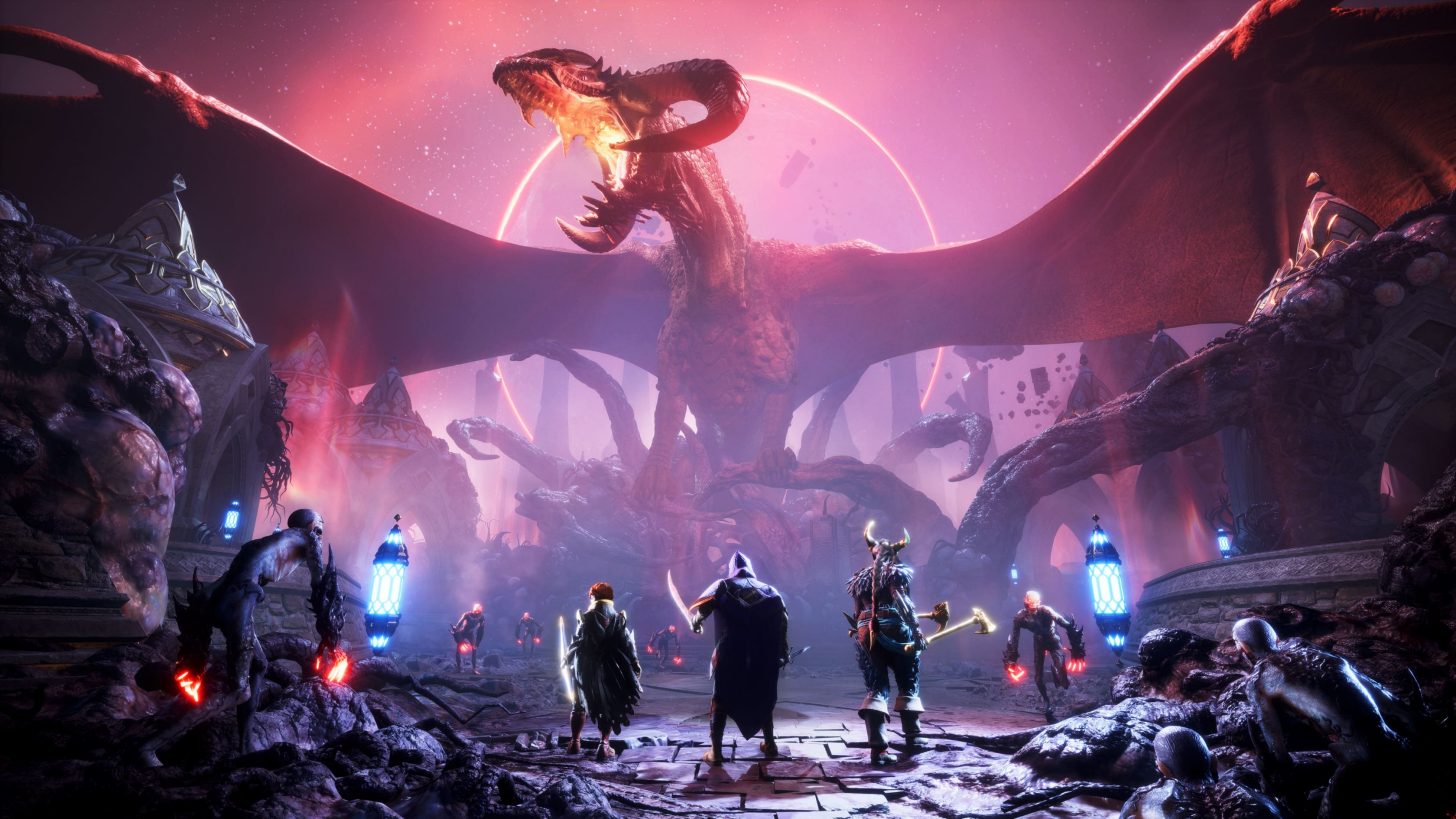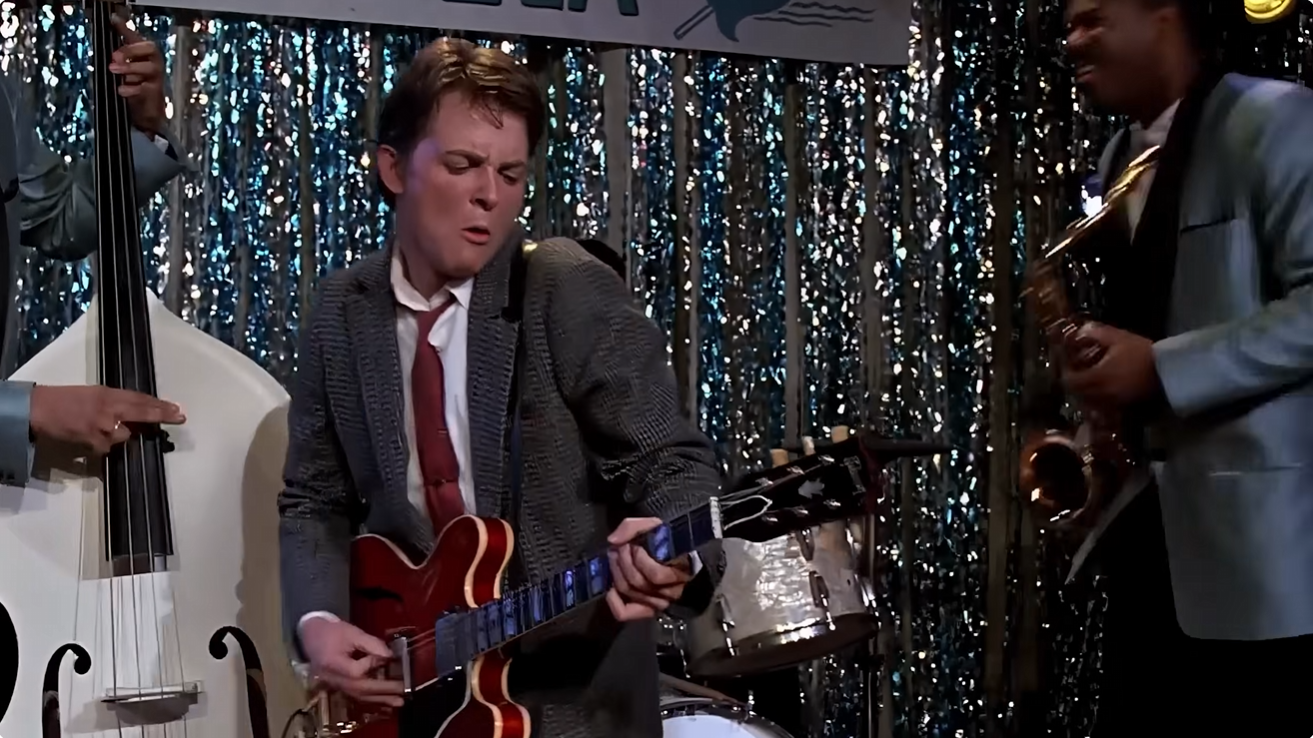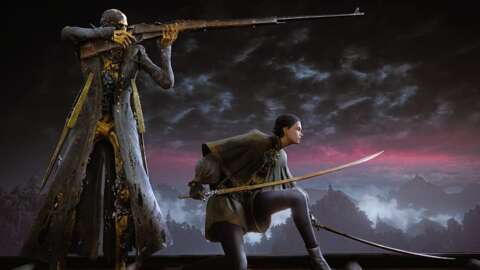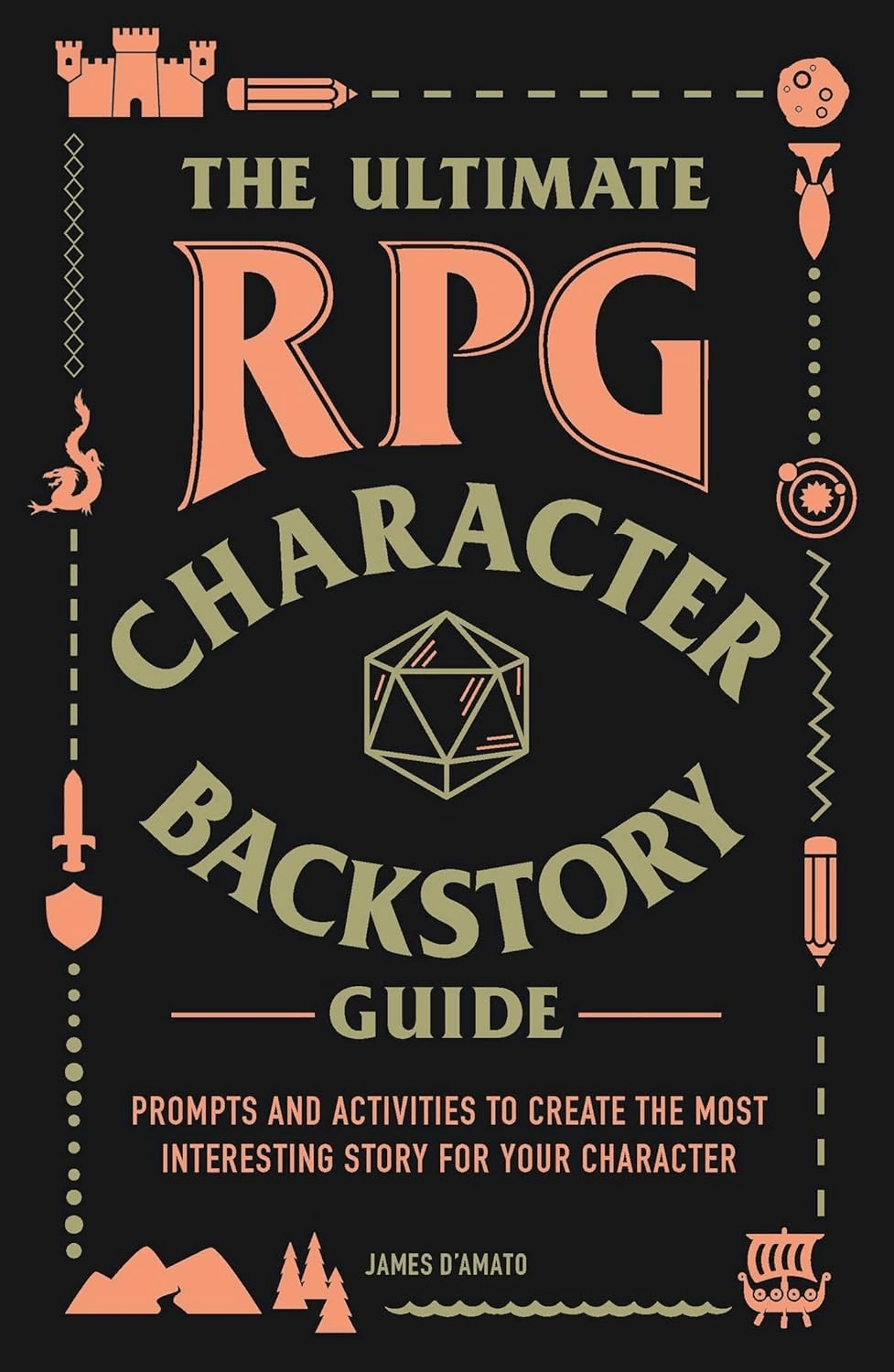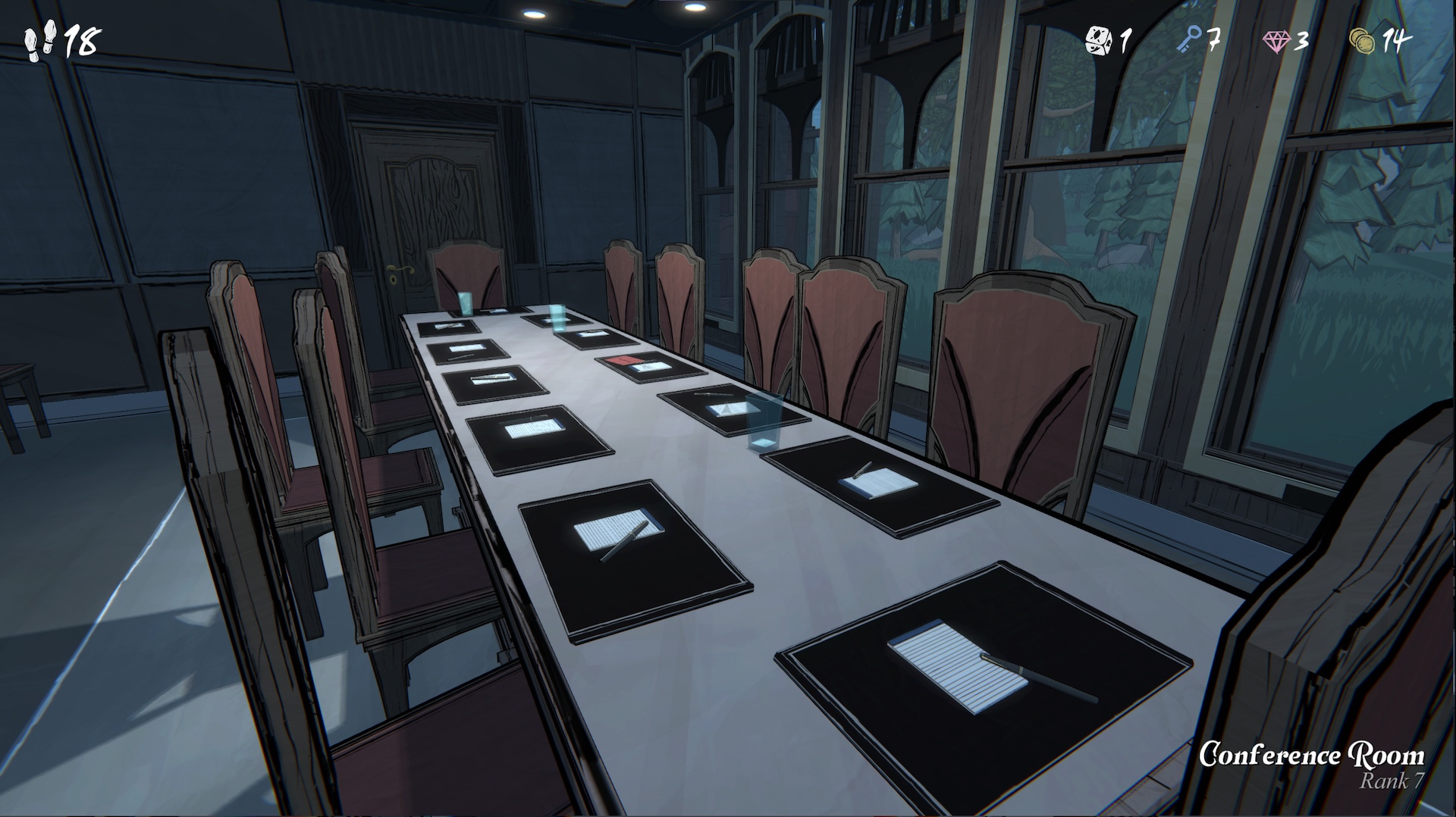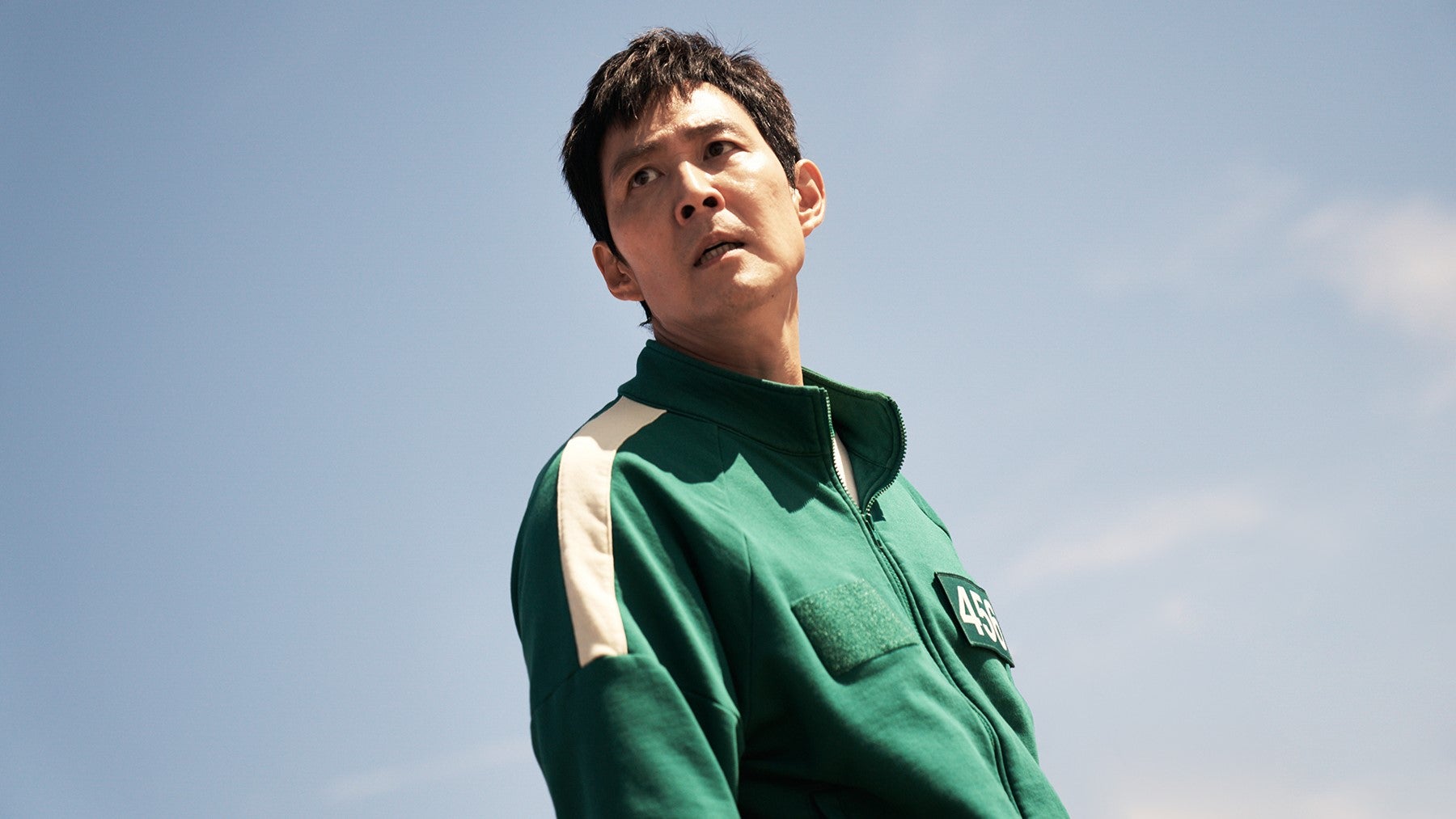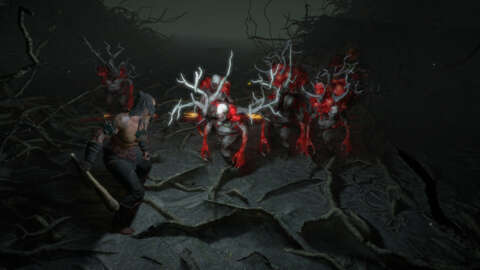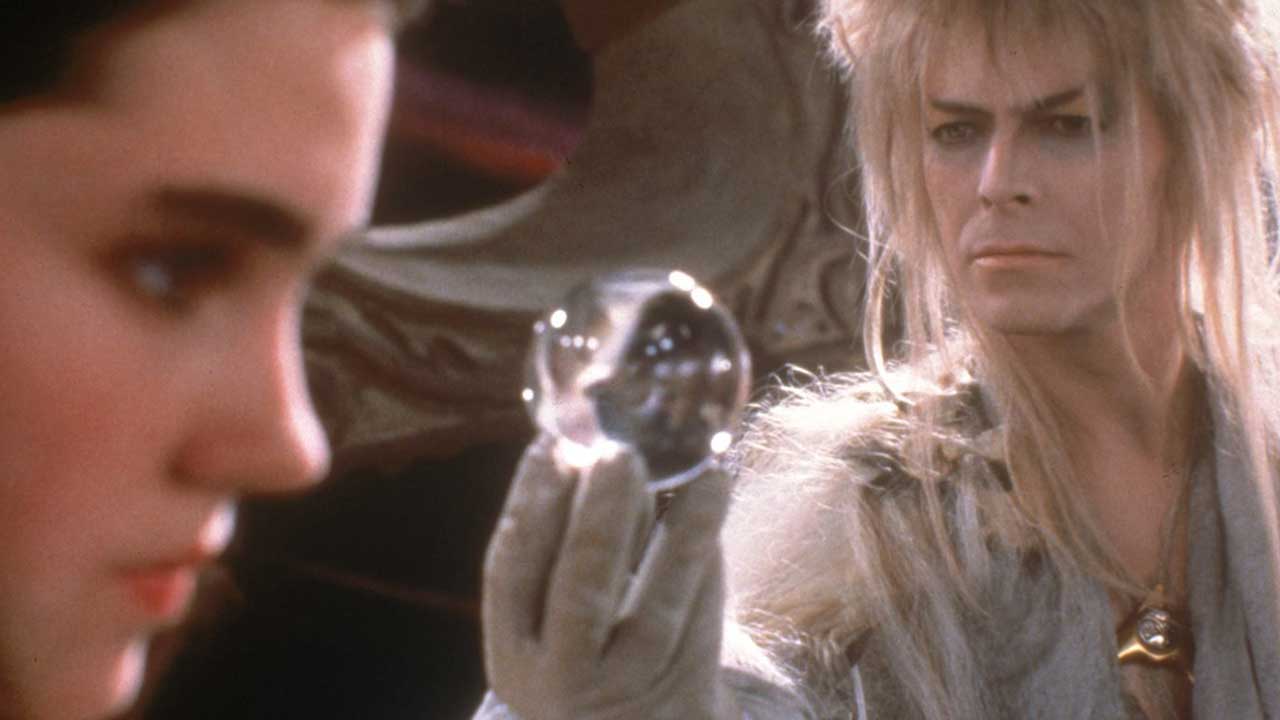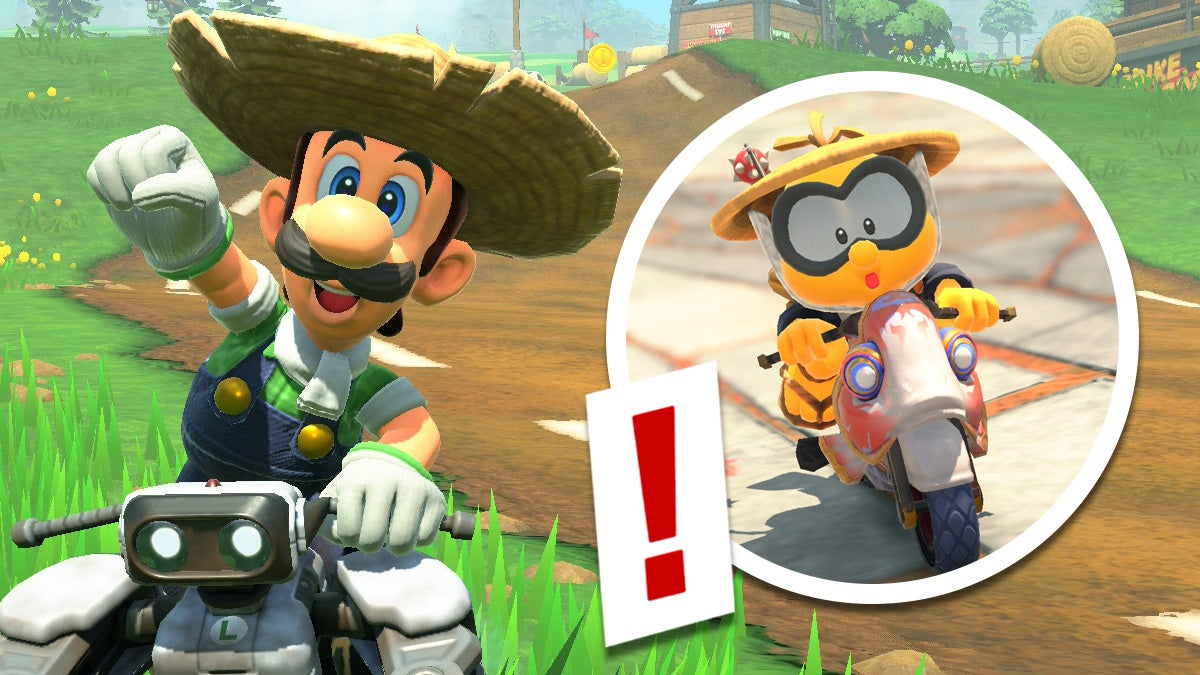
In the opening hour of Still Wakes the Deep, the acclaimed horror game set aboard a perilous oil rig in the North Sea, we hear the C-bomb no less than six times. Most come from the mouth of gruff protagonist Caz McLeary, an electrician, or “leccy,” from Glasgow. Caz possesses a fine grasp of his local colloquialisms: “scunnered” means “fed up”; “clarty” means “covered in dirt.” When Still Wakes the Deep isn’t delivering accursed, heart-pounding horror, it’s offering an expletive-filled primer in the Scottish language.
Verisimilitude, of place, period, and slang, immerses players in the game. But the exactingly rendered rig and mostly working-class cast isn’t just window dressing. “The game is grounded thematically in Scotland,” says John McCormack, creative director of Still Wakes the Deep. The country experienced an oil boom in the 1960s and ’70s, which is why Caz and his colleagues are on the rig, and the game draws heavily on Scottish politics and culture. Case in point: The game, developed by studio The Chinese Room, shipped with an unusual language option: Scottish Gaelic. The colorful script is subtitled using the country’s indigenous language spoken by 1.3% of its 5.5 million population.

This week on Polygon, we’re looking at how cultural differences affect media in a special issue we’re calling Culture Shock.
“We didn’t hold back on the swearing or the accents,” says McCormack, who is from Glasgow himself. “We embraced it all and then doubled down. Then we doubled down again with the Scottish Gaelic translation.”
For McCormack, the indigenous language is an important symbol and carrier of grassroots identity. It was the primary language in most rural areas until the early 17th century when it was suppressed by the Scottish crown. The language was further suppressed after the Jacobite rebellion of 1745. As recently as the early 20th century, children were beaten into speaking English at school. McCormack remembers his school history classes from the 1980s. “It was just English and British history,” he says. “There was no Scottish history at all.”
The idea for the Scottish Gaelic translation came as McCormack was brainstorming ideas for the game’s announcement trailer that debuted at the 2023 Xbox Games Showcase, just as the game entered its final year of development. He wanted to avoid traditional horror tropes: jump scares; screeching violins; furious, dramatic editing. He envisioned something slower and more melancholic: a shot of the swirling North Sea; the oil rig slowly emerging through the misty air; an elegiac Scottish Gaelic folk song soundtracking the player’s introduction to this doomed setting.
The creative director went down a YouTube rabbit hole, eventually coming across a video titled “Scottish woman sings emotional folk song.” The woman in question was the legendary traditional Gaelic singer Flora MacNeil, who lived on the tiny Hebridean island of Barra. “She’s got a beautiful voice. It’s so full of sadness,” says McCormack.
He sent the song to the game’s audio director, Daan Hendriks, who suggested they use it, or something similar, for both the game’s announcement trailer and its end credits. Hendriks found another song whose lyrics were a better match for the game’s themes: “Fath Mo Mhulaid A Bhith Ann,” which translates to “being here has caused my sorrow.” MacNeil died in 2015, but the game’s publisher, Secret Mode, was able to commission her daughter, the professional folk singer Maggie MacInnes, to record a vocal-only version of the song. McCormack was enamored with the result. “It really nailed the heartbreak that players should be feeling,” he says.
The mournful song rings out over the end credits. McCormack felt a kind of “magic” in pairing a traditional folk song, one that summons both the history and stark beauty of Scotland, with a game whose tragedy stems from drilling down into the country’s ancient bedrock. But he also felt a responsibility: It wasn’t enough for the game to use Scottish Gaelic to evoke the past; it should communicate with the language’s speakers in the present. The idea was sold to the game’s publisher on the merit that it would make a nice marketing beat. If cost was an issue, McCormack was willing to “ditch” other elements of the game to make it happen.
Scottish Gaelic has faced a slow and steady decline. In 1755, the language was spoken by 289,798 people, or 22.9% of its 1.2 million population at the time. The most recent census figures from 2022 say it is spoken by 69,701 people, or 1.3% of the country. The number (and proportion of the population) speaking it has risen marginally over the past decade. But Robbie MacLeòid, a Glasgow-based writer and academic in Scottish Gaelic, says the census shows that the language is actually falling out of community use in the Scottish Highlands and western islands, the areas traditionally thought of as its heartland. Another study suggests the language may even die out altogether in the next decade or so.
The language’s place within the arts is uneven. Scottish Gaelic literature is in “good health,” says MacLeòid. But in theater, there is just a single theater company, Theatre Gu Leòr, which tours plays and other stage productions around the country. Scottish Gaelic speakers can watch television broadcast by BBC Alba and listen to the radio through BBC Radio nan Gàidheal.

Video games, even those made by Scottish developers, lag far behind. There are a handful of DIY translation efforts by the likes of GunChleoc (a pseudonym) for games such as 0 A.D and Pingus. But the mainstream industry, whose developers include Rockstar North and No Code (the Glasgow-based studio working on a new Silent Hill title), has shown little interest in the language. “Bearing in mind how healthy the video game industry is in Scotland, it’s surprising that it’s taken until Still Wakes the Deep for this kind of representation,” says MacLeòid.
It was a momentous moment for MacLeòid when he booted up the game with the Scottish Gaelic translation turned on. “I honestly got quite emotional at the title screen as soon as I changed it to Gaelic,” he says. “I sat there for a minute being like, Wow, I’ve never seen this before.” MacLeòid has long interacted with video games through English; to play using authentic Scottish Gaelic was both “surreal” and “moving.”
Too often, says MacLeòid, the language is used in a way that can feel culturally appropriative. Scottish Gaelic is often included as the “ancient tongue,” he continues, to add “color” and suggest either the “romantic” or the “unknown,” implying that the language is an artifact or a signifier of the past, and, therefore, something that is not “relevant now.”
Arts and culture, including video games like Still Wakes the Deep, are in a unique position to normalize minority languages and assist those learning to speak it. MacLeòid recalls the way the Scottish Gaelic translation of X-Men: The Animated Series, broadcast on BBC Alba in the 1990s, helped him learn the language. He considers the impact a Scottish Gaelic translation of Grand Theft Auto 6, currently in development at Rockstar North in Edinburgh (as well as other studios around the world), might have on the language. “It would be radical and revolutionary — a game changer,” he says. “It wouldn’t just provide jobs for people working in the language but confer respect to the language itself — its right to exist.” This is the “bare minimum,” stresses MacLeòid, that he feels major Scottish game companies should be doing in regard to Scottish Gaelic.
For McCormack, Still Wakes the Deep is an expression of Scottish identity. The game, with its acute sense of place and eye for regional detail, resonates with efforts across pockets of the U.K. and Ireland. Northern Irish band Kneecap rap in Irish Gaelic; the fiction writer Harry Josephine Giles won the prestigious Arthur C. Clarke award for Deep Wheel Orcadia, a sci-fi novel written in the Orkney dialect of Scots. Blindboy Boatclub is an anonymous podcaster and author reimagining Irish history in response to centuries of English colonialism. “People are reclaiming their identity,” says McCormack. “It’s a beautiful thing.”
McCormack sees the Scottish Gaelic translation of Still Wakes the Deep as a small but important part of this movement. “People say, ‘There’s only so many thousands [of people] who actually speak Scottish Gaelic,’” he says. “‘I don’t care.’ Then they’ll say, ‘But hardly anyone will use it.’”
McCormack is proud of his team’s response to this latter point. Those who wish to claim every achievement in Still Wakes the Deep must complete the game with the translation turned on. As of December 2024, more than 16,500 players have done so across PlayStation 5, Steam, and Xbox Series X. Call it an incentive, gentle encouragement, or a gamified approach to language. Regardless, The Chinese Room has engineered a breakout moment for what many consider a beautiful, elegant language, and a reminder that Scottish Gaelic is no relic.
Source:https://www.polygon.com/features/486346/still-wakes-the-deep-scottish-gaelic